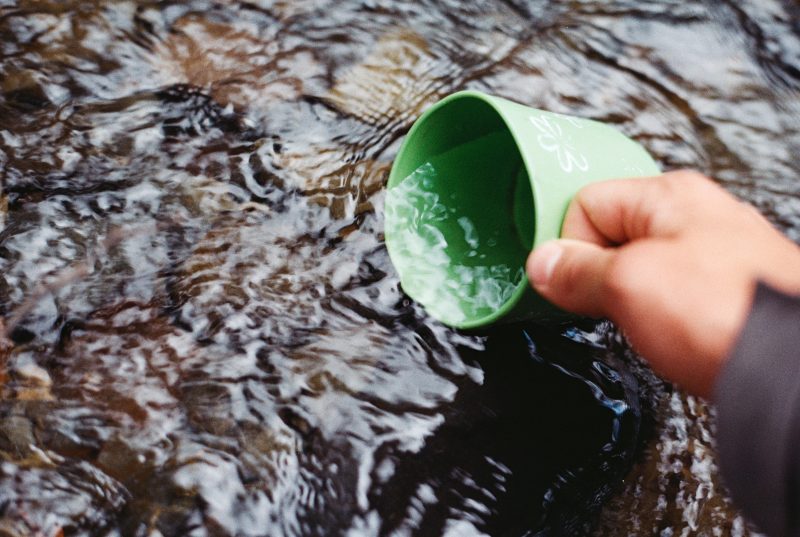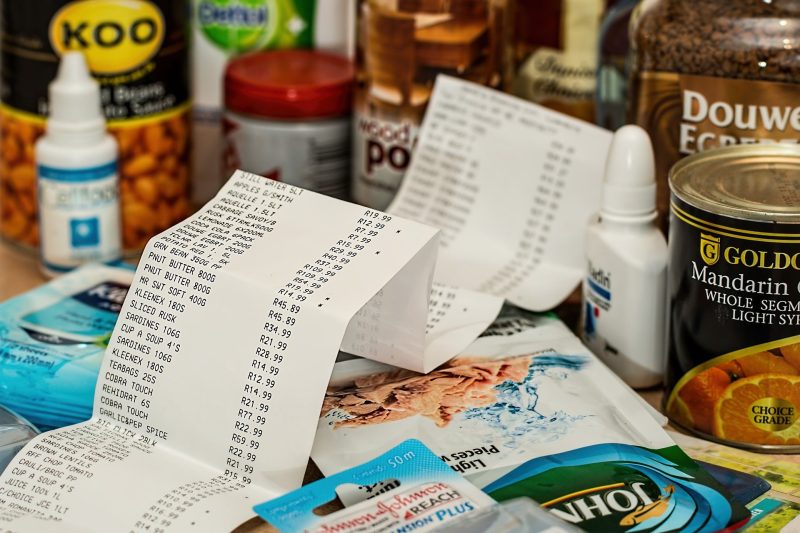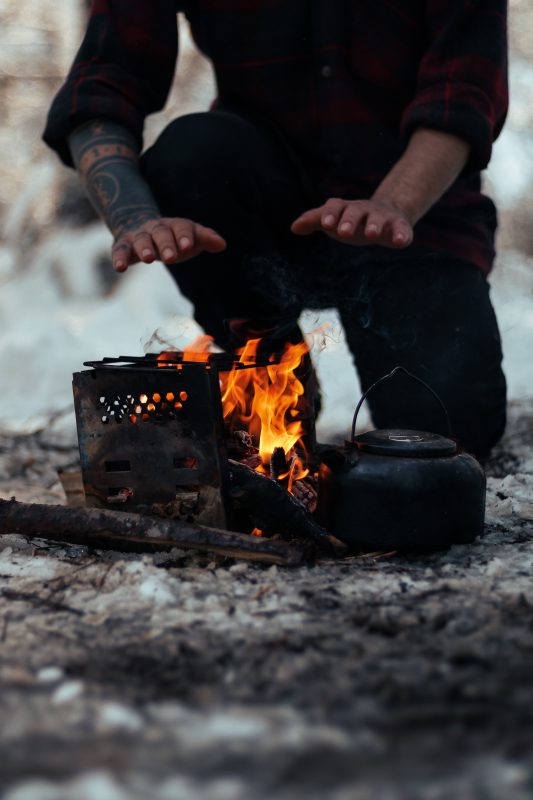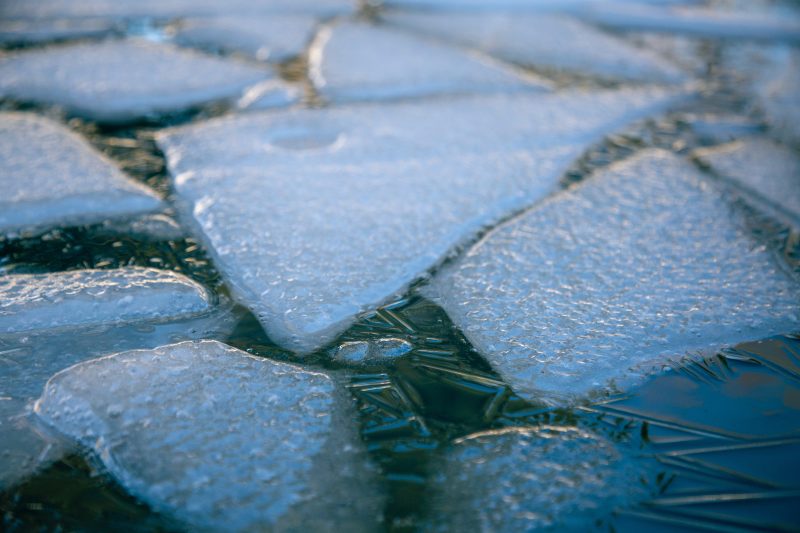
Water is vital for life: not just ours, but for plants and animals, too. In survival situations, water is critical to locate and stockpile, as it is one of our most basic necessities. In circumstances where clean, running tap water is not available, it’s necessary to gather emergency water and have a plan of action. …

Due to concerns over the crisis in Ukraine, Europeans are flocking to stores in droves to stock up on survival gear such as sleeping bags, camping cookers, canned, dehydrated, and freeze-dried food. Some of the purchases will be donated to Ukrainian refugees, while others are hoarded due to widespread fear of supply shortages or future…

Having a complete survival kit in your home can bring you peace of mind, but did you know your house already holds lots of life-saving tools? You’d be surprised just how valuable your everyday items can be in a pinch from the kitchen to the bathroom. So, if you want to be prepared for whatever comes…

Disasters rarely come with prior warning to give people ample time to prepare for their impact. Being prepared for all kinds of disasters is essential to staying alive and well in their occurrence. With an increasing number of natural disasters, the pandemic, and the threat of war, more people are considering how to ready themselves for…

Most flat tire or vehicle survival kits contain chemical roadside emergency flares. These invaluable additions are bold, bright, and noticeable in most emergencies, but what about rain? The question of whether these flares are waterproof is a valid one. Thankfully, most roadside chemical flares are water-resistant. This means they will work if exposed to a…

Lakes can be a great place to enjoy activities on or near the ice. However, no ice is ever considered “safe,” as there’s no reliable measurement to determine whether it’s sturdy or will not break. Snow acts as an insulator and slows the freezing process; therefore, snow-covered ice should be considered unsafe because the ice…